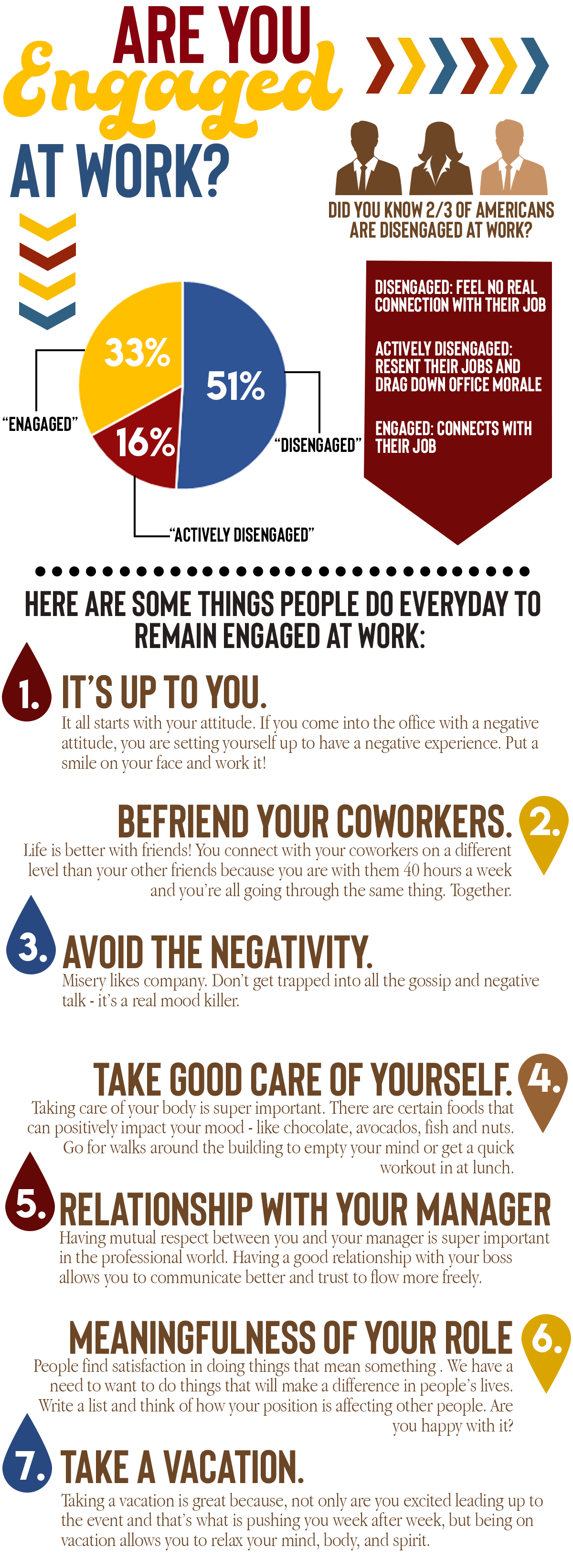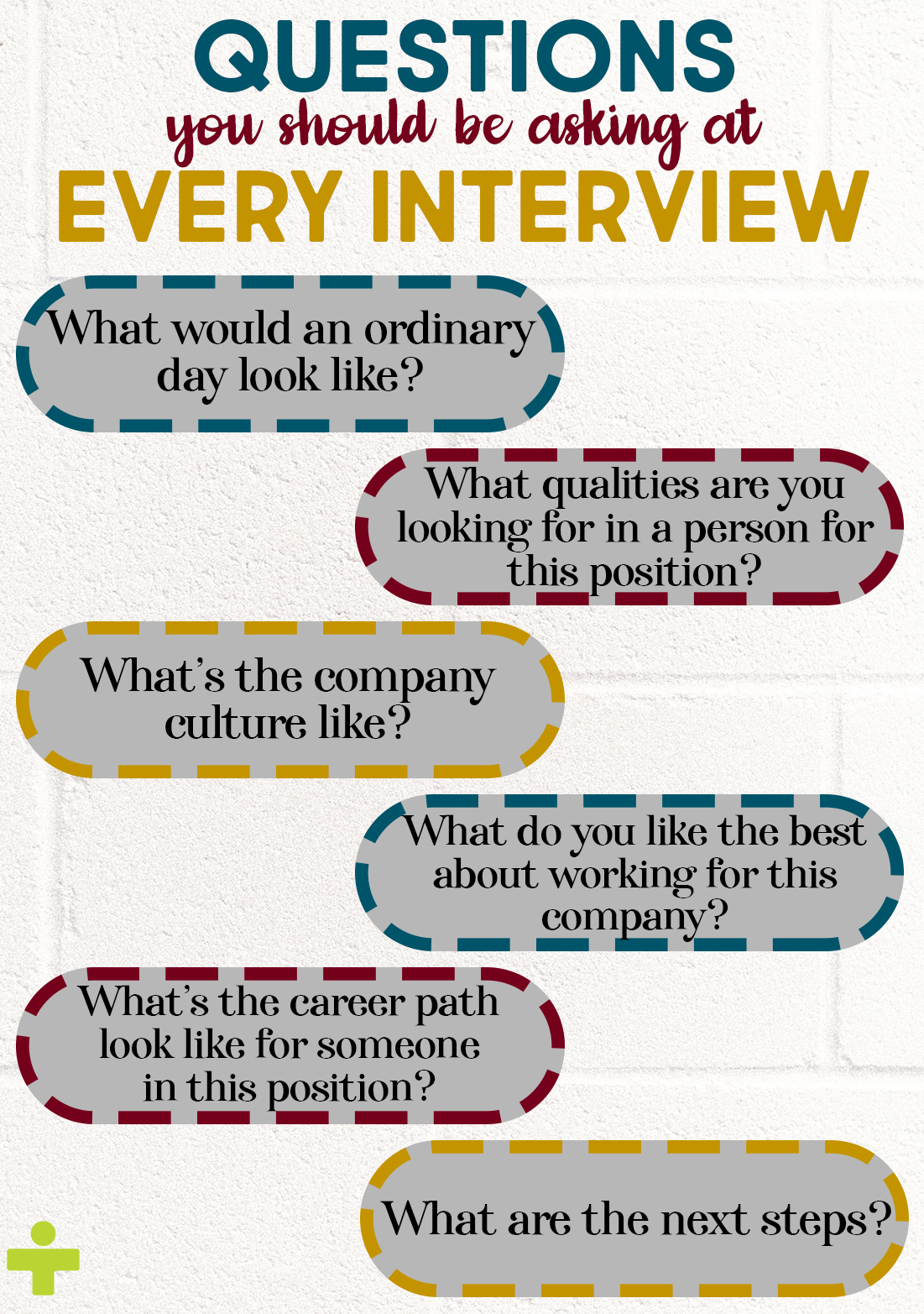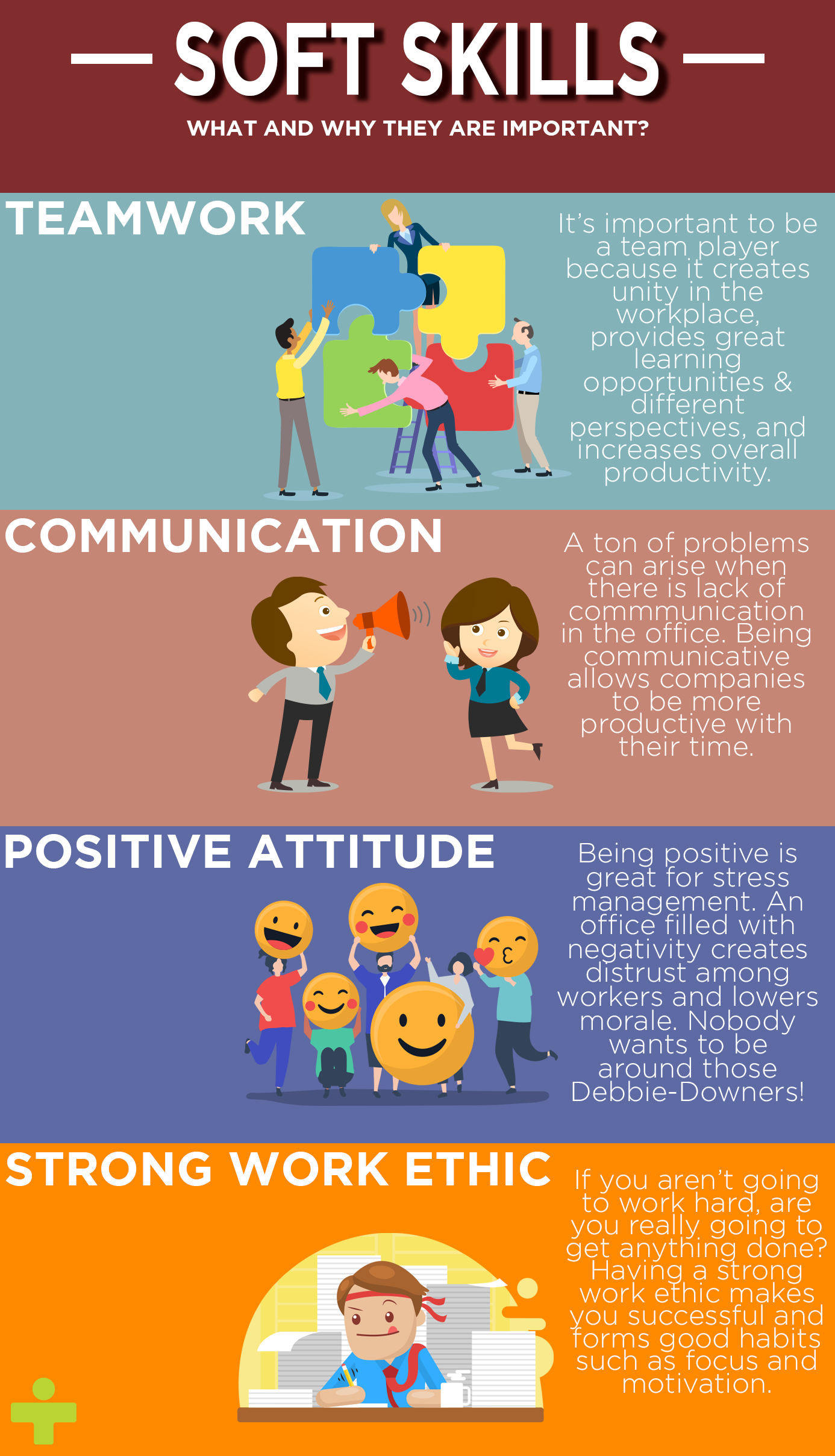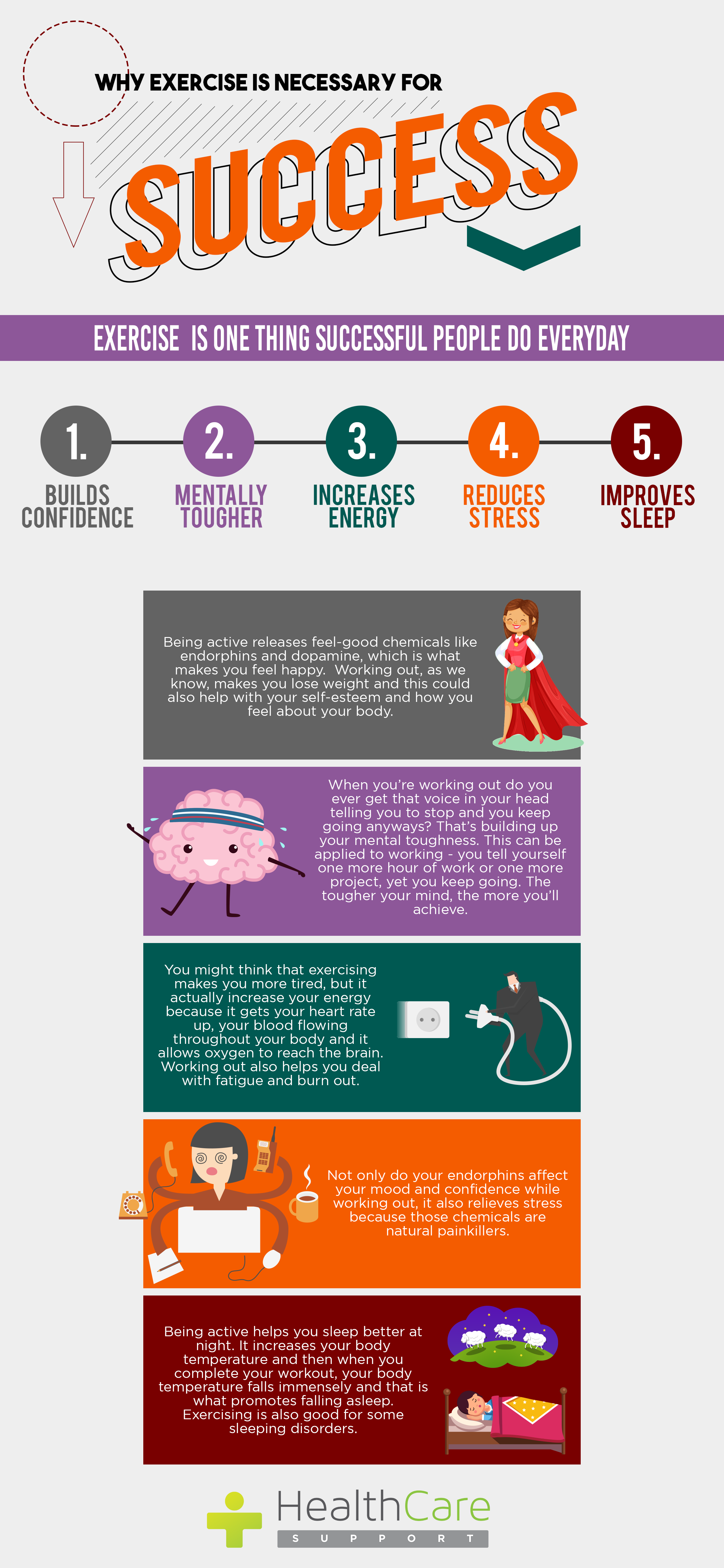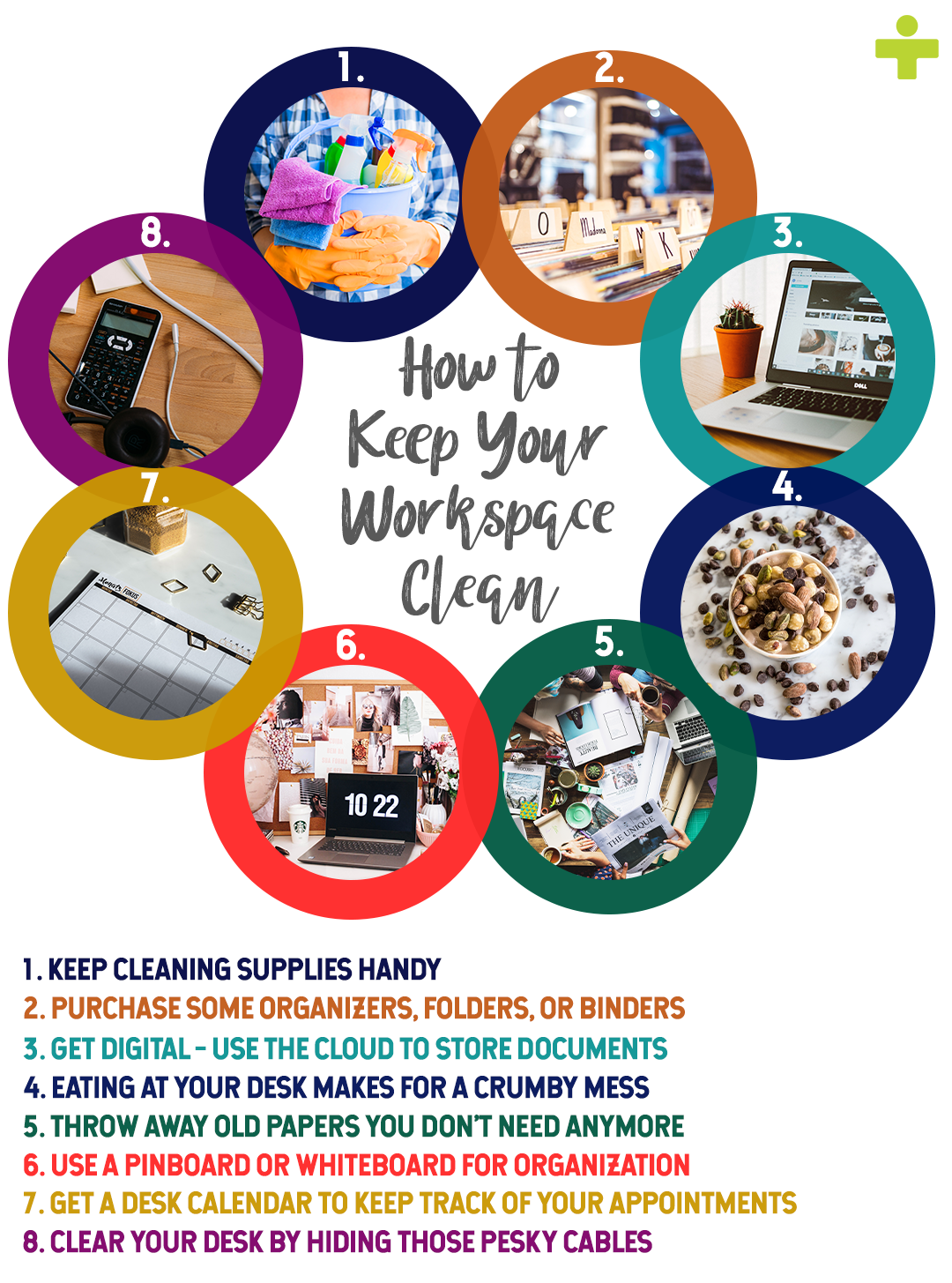If you’re a job-seeking medical professional, you know the struggles of sending out applications. Because, no matter how familiar you are with finding the right opportunities, tailoring your resume, and waiting to hear back, you might still struggle to get your foot in the door.
Fortunately, there are professionals who dedicate their careers to helping others find theirs. Healthcare recruiters can provide you with professional tools and services to guide you to the right job opportunities. Here’s a closer look at how they can help you take the next steps in your career.
Save Time and Money
Stop spending hours searching through job openings and let a professional recruiter find the best ones for you. A healthcare recruiter matches you with the positions that fit technically and personally, which allows you to focus on perfecting interview skills and researching employers. You’ll also receive instant alerts when employers post relevant job listings.
And, the outstanding services and resources provided by recruitment agencies typically come at no cost to the applicants. So, there are no membership fees, additional expenses for specific resources, or extra costs to help you find the right job.
Find Your Best Advocate
Healthcare recruiters don’t only work with job-seeking candidates; they also work with actual employers. Recruiters partner with employers to match them with candidates that fit into their culture and meet their specific professional requirements.
If your resume fits a job posting provided by one of your recruiter’s partners, they’ll be your biggest champion in recommending you for the position and fully preparing you for an interview.
Develop a Mentorship
Before every interview, a professional recruiter coaches you on how to handle the conversation. The recruiter asks practical questions that could appear in your interview, and you’ll receive guidance on how to best answer each one.
Once you start working in the right position, you can still count on your recruitment agency for support throughout the hiring and employment process. Whether you need help preparing for your first day on the job or want some feedback down the line, the right agency is always on call.
Join Our Talent Network
Recruiting agencies want you to succeed as a candidate, because it’s what grows their business. Placing the wrong candidate in the wrong position reflects poorly on recruiters, so they strive to put you in the perfect position that matches your skills, qualifications, and goals.
At HealthCare Support, we strive to help our candidates make the biggest and best steps in their careers. And our recruiting professionals are available with additional advice and encouragement long after you’ve settled into the right position. To join our talent network or speak with one of our healthcare recruiters, call us today at 407-478-0332.





